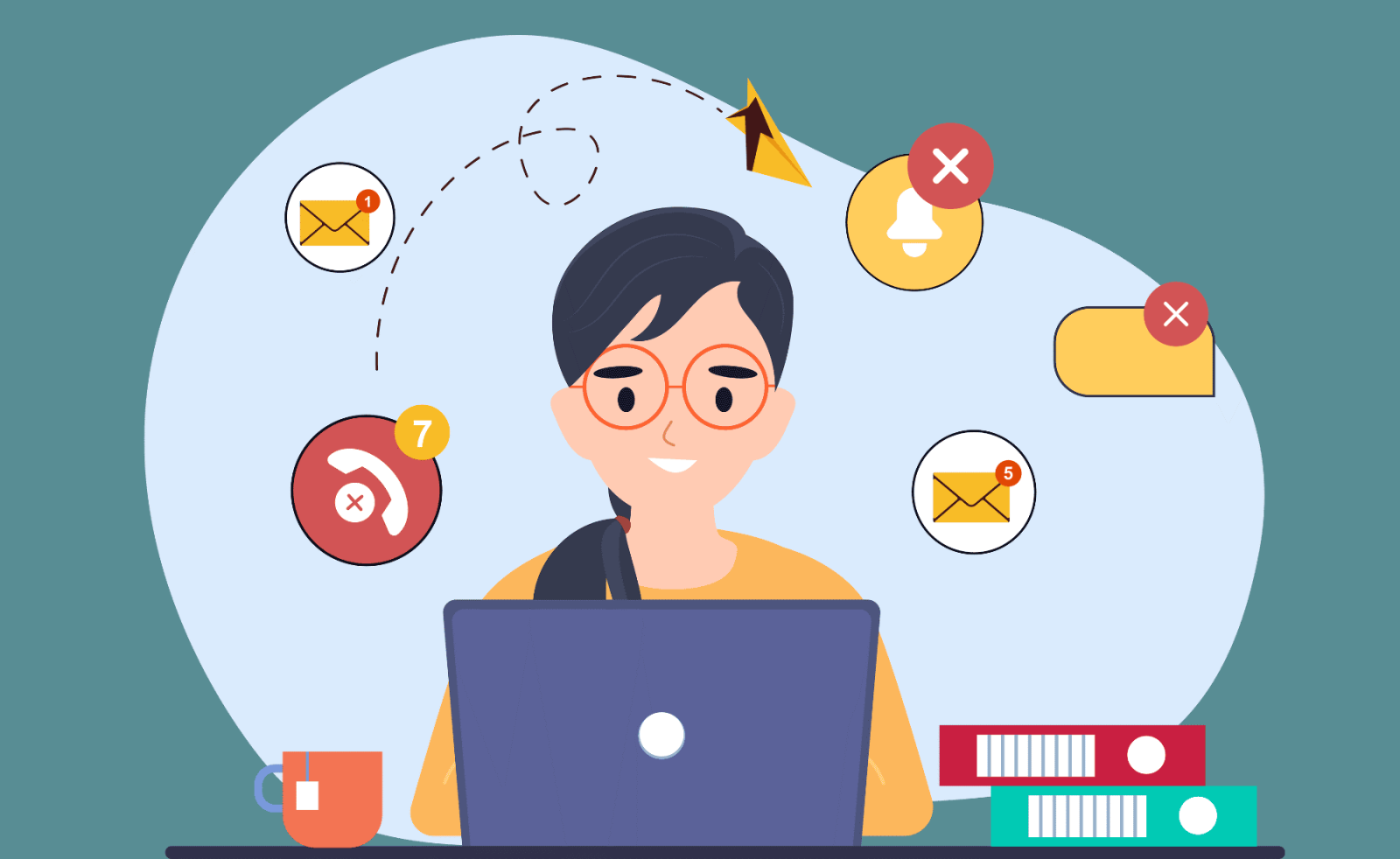How to Stay Focused in a World Full of Distractions
Staying focused in today’s world can feel like an impossible challenge. Notifications ping every few minutes. Social media apps are designed to keep us scrolling endlessly. Even while working or studying, our minds wander. Distractions are everywhere — and they’re getting smarter, louder, and harder to ignore.
But focus is still possible. In fact, it’s more valuable now than ever before. When you train yourself to focus deeply, you set yourself apart in a distracted world. You become more productive, more creative, and more in control of your time. The good news? Focus is a skill — and like any skill, it can be developed.
Here’s how to stay focused in a world full of distractions.
Understand Why We Lose Focus
Before fixing the problem, it helps to understand why it happens. Distractions are often external — phones, messages, sounds, interruptions — but they’re also internal. Your brain might wander because you’re tired, bored, anxious, or overwhelmed. Sometimes, we choose distractions because they offer a quick escape from a tough task or uncomfortable feeling.
Multitasking is another major culprit. Trying to do several things at once may feel efficient, but it actually reduces the quality of each task. You spend more time switching between tasks than completing them.
The first step to staying focused is recognizing these patterns.
Set Clear Intentions for Your Time
A wandering mind often stems from a lack of clarity. If you sit down to work without knowing what you’re trying to accomplish, your brain looks for something easier or more fun. That’s when distractions sneak in.
Start each day with a simple question: What do I want to accomplish today?
Break big goals into small, actionable steps. Instead of writing “Work on project,” try “Draft the first two sections of the report.” When your tasks are clear and specific, it’s easier to commit your attention to them.
Use the Power of Time Blocks
Time blocking is a powerful technique for staying focused. It involves scheduling chunks of time for specific tasks — and nothing else. For example, you might dedicate 9:00 to 10:00 AM to writing, 10:00 to 10:15 for a break, and 10:15 to 11:00 for replying to emails.
During each block, focus only on that task. Don’t answer messages. Don’t check social media. If something unrelated pops into your mind, write it down and come back to it later.
Time blocks help your brain settle into a rhythm and eliminate the need for constant decision-making about what to do next.
Eliminate Digital Clutter
Digital distractions are a big part of the modern focus problem. We’re bombarded with emails, alerts, messages, and updates — often without even realizing it.
Try these strategies to create a cleaner digital space:
- Turn off non-essential notifications. Most notifications aren’t urgent. You don’t need to know every time someone likes your post or sends a meme.
- Use “Do Not Disturb” mode during focus sessions.
- Close unused browser tabs. Too many open tabs can create mental clutter.
- Log out of social media or use a site blocker while working.
- Use apps like Forest, Freedom, or Focus Booster to stay on track.
Design a Distraction-Free Environment
Your physical space also affects your ability to focus. A cluttered or noisy environment sends constant signals to your brain, pulling your attention in different directions.
Here are a few ways to improve your workspace:
- Keep your desk clean and organized.
- Use noise-canceling headphones if you work in a loud environment.
- Put your phone in another room or drawer when you’re working.
- Add plants, good lighting, or calming elements that make you feel comfortable and focused.
Small changes in your environment can lead to big changes in your ability to concentrate.
Train Your Brain Like a Muscle
Focus isn’t just a choice — it’s a skill that strengthens with practice. If you’ve been easily distracted for years, don’t expect overnight results. But like going to the gym, consistency matters more than intensity.
Start with short, focused sessions. The Pomodoro Technique is a great place to begin: 25 minutes of focused work, followed by a 5-minute break. After four sessions, take a longer 15- to 30-minute break.
Over time, increase your focus sessions. Your brain will gradually adapt, and focusing will feel more natural and less exhausting.
Embrace Boredom
In our hyper-connected world, boredom is almost extinct. The moment we feel the slightest boredom, we reach for a phone, open a new tab, or start something else. But boredom plays a powerful role in creativity and mental clarity.
Let yourself be bored sometimes. Don’t fill every empty space with stimulation. Go for a walk without headphones. Sit in silence for five minutes. These moments help your brain rest, reset, and refocus.
The more comfortable you become with boredom, the less you’ll depend on constant distractions.
Take Care of Your Body and Mind
Physical and mental health have a huge impact on focus. It’s hard to concentrate when you’re tired, hungry, stressed, or sedentary.
Here’s how to support your focus from the inside out:
- Sleep well. Aim for 7 to 9 hours of quality sleep each night.
- Stay hydrated. Dehydration affects brain function and energy.
- Eat brain-friendly foods. Choose whole grains, leafy greens, nuts, and omega-3s.
- Exercise regularly. Even a short walk boosts concentration and mood.
- Practice mindfulness or meditation. These help improve attention and reduce stress over time.
Taking care of your body sharpens your brain’s ability to focus when it matters most.
Learn to Say No
Sometimes, distractions aren’t about apps or noise — they’re about people. You might be pulled into unnecessary meetings, last-minute tasks, or social obligations that eat up your time and energy.
Learning to say no is essential for protecting your focus. It doesn’t mean being rude. It means being intentional. If something doesn’t align with your priorities, it’s okay to decline or postpone.
When you respect your time, others start respecting it too.
Final Thoughts
We live in an age of distraction — but that doesn’t mean focus is impossible. By creating clear goals, building the right habits, and designing your environment with intention, you can take back control of your attention.
Focus isn’t about doing more. It’s about doing what matters — with clarity, presence, and purpose.
So the next time you find yourself reaching for a distraction, pause. Take a deep breath. Remind yourself why you started. Then, gently return to the task at hand.
Because in a distracted world, your ability to focus is your superpower.





